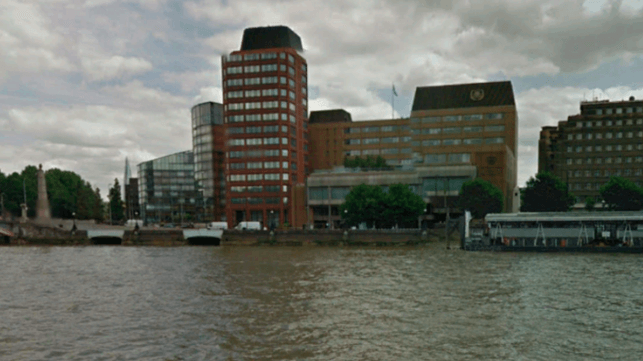International Opinion Deeply Divided Ahead of MEPC Emissions Vote

Ahead of a vote in the International Maritime Organization (IMO) later this month, opposition is growing to carbon levies proposed to encourage compliance with the 2050 target set in the IMO’s Net Zero Framework.
Decisions in the IMO are normally made through achievement of a consensus, but on this issue views are polarized. If the issue comes to a vote in the IMO’s Marine Environment Protection Committee (MEPC) session, a two-thirds majority of the 176 voting members is required in order to adopt the framework.
Many of those in favor of the framework are organized in the Copenhagen-based Getting to Zero Coalition, which has a list of 180 shipping companies signed up to support the initiative. Inevitably, those shipping companies in favor of the framework tend to be those who have invested in modernization of their fleets, and whose zero emission vessels will be levy-free, having met the emission targets. This group includes prominent shipping groups such as Maersk, Anglo Eastern, Blue Star, Carnival, Grimaldi, Hapag-Lloyd, MSC, Mitsui OSK and Wan Hai Lines. Another group within the coalition are those entities that suffer from the concentrated effects of ‘dirty’ vessels, including the ports of Amsterdam, Antwerp, Bremen, Dunkirk, Gothenburg, Kiel, London, Montreal, Rotterdam and Seattle.
Some notable shipping lines are against the framework and are seeking amendments to the framework, notably TMS, Capital Maritime & Trading, Angelicoussis, Frontline, GasLog, Hanwha Shipping, Seapeak, Stolt Tankers and Saudi giant Bahri, tanker and bulker interests who are warning of ‘excessive financial burdens’ on the industry and consumers, should the framework be adopted and carbon levies be imposed on vessels which do not meet standards from 2027 onwards.
Voting within the MEPC takes place on a national basis, so shipping companies need to lobby their own national bodies to secure support for their preferences - with opinion in some countries sharply divided. Most national representatives who will vote are therefore reserving their positions while being courted by lobbyists. One country to openly express its intentions is the United States, which is strongly opposed to the framework and is actively canvassing other nations to reject it.
One representative to whom the Maritime Executive has spoken - and whose capital has not yet declared its position - believes that if a consensus does not emerge in the immediate run-up to the MEPC meeting, then it is likely that the vote will be postponed and framework modified in order to achieve the necessary support.
